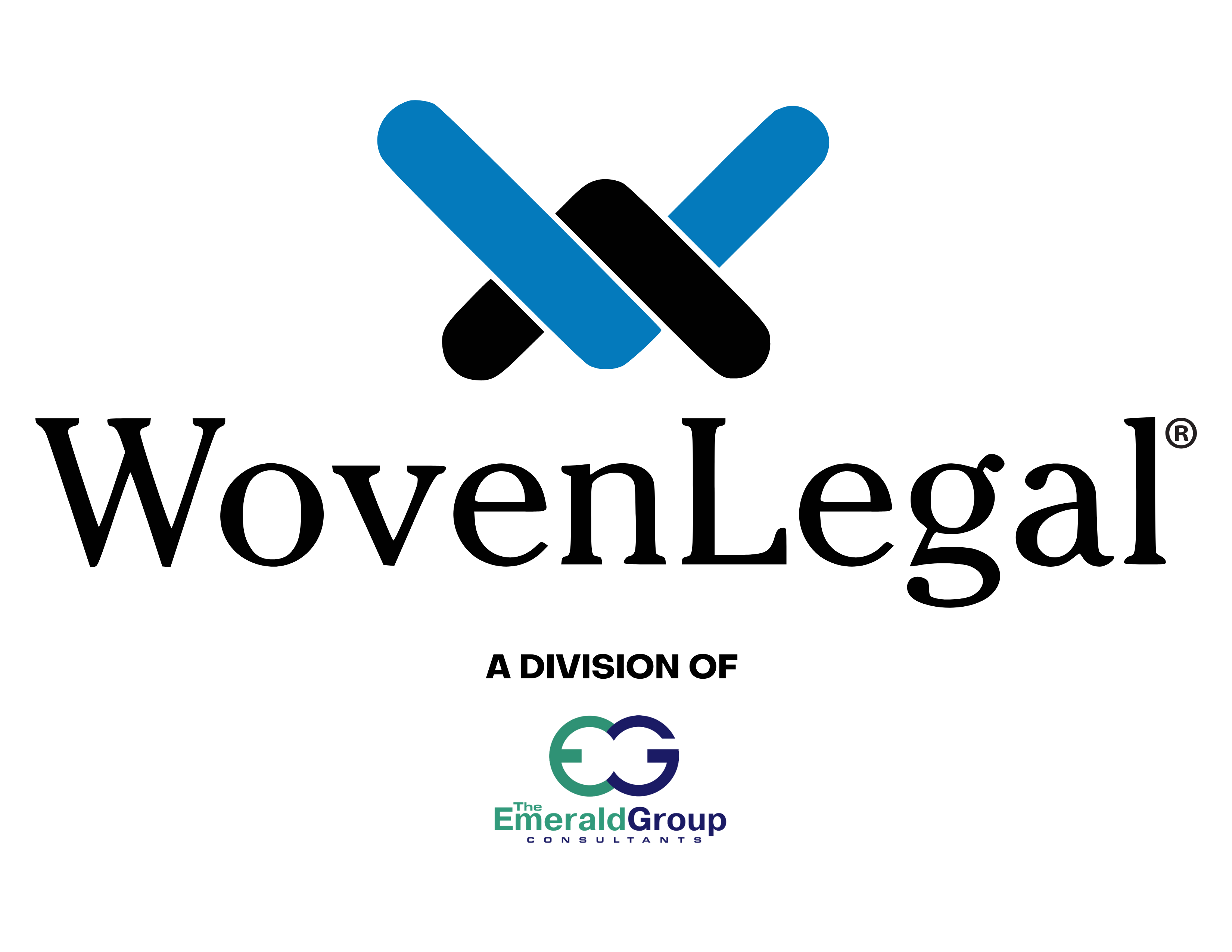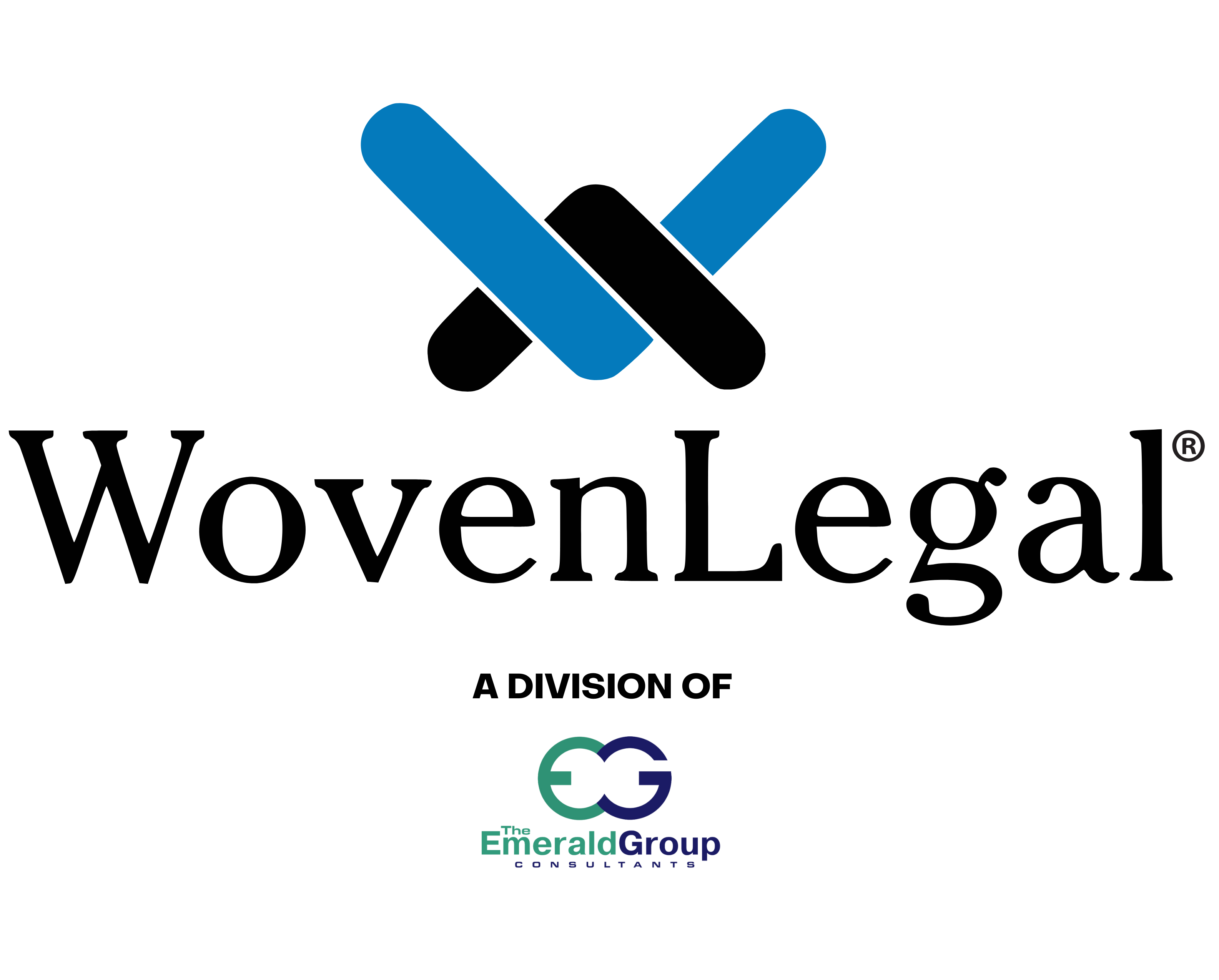Ask any group of aspiring lawyers why they are pursuing law degrees. Undoubtedly, at least one will respond by expressing a desire to use their degree in service to others. This motivation lies at the heart of pro bono and legal aid work; it is about helping vulnerable members of the community who could not otherwise access legal services.
This blog will explore the nature of pro bono work and its many benefits for clients, communities, and legal professionals. It will also examine how attorneys can become involved with and support pro bono programs. Finally, it will discuss the importance of encouraging future lawyers to continue serving their communities in this way.
The Need for Legal Aid
Americans’ need for accessible legal services persists despite an increase in the number of attorneys. Over 90% of low-income Americans are thought to have a civil legal issue for which they do not receive adequate legal representation. Approximately 46% of individuals say cost is a significant reason they do not retain an attorney.
Legal aid organizations and programs aim to meet this deficit by connecting underserved Americans with attorneys who are willing to accept their cases at little or no cost. In this way, those who could not otherwise hire a lawyer can obtain help with family law, housing, immigration, or other important services.
The Role of Pro Bono Work
Pro bono services are those that a lawyer renders for no fee and without the expectation of repayment. Providing free representation to a client in a legal dispute, offering mediation services, and assisting with legal screening and intake for a legal aid clinic are just a few examples of pro bono services attorneys can provide.
The American Bar Association (ABA) encourages attorneys to provide at least 50 hours of pro bono legal services annually. Although not mandatory, this guideline reveals the ABA’s belief in the positive impacts of pro bono work for vulnerable Americans and at-risk communities.
However, the clients are not the only beneficiaries of pro bono work. By offering their services to those in need, an attorney can develop new skills, hone existing ones, and expand their professional network. This is in addition to the fulfillment that comes from knowing they are assisting their communities and the legal profession as a whole.
Benefits of Supporting Legal Aid and Pro Bono Initiatives
The positive effects of pro bono work cannot be understated. With it, Americans who could otherwise be disadvantaged by the legal system may receive fair hearings and more just outcomes. These outcomes may improve social justice and reduce inequity in the legal system between those of means and lower-income Americans.
Robust pro bono efforts also combat negative stereotypes that some members of the public hold about lawyers. Pro bono clients and their families may begin to view legal professionals as valuable and dedicated members of their local communities. This can lead to greater faith and trust in the entire legal system.
Finally, pro bono efforts can foster positive collaboration among local legal professionals. Law firms, attorneys, legal aid societies, and support staff work side by side to help the less fortunate. This collaboration can promote respectful relationships between members of the local legal community.
How Legal Professionals Can Get Involved
Attorneys can support access to justice and legal aid in several ways. The most direct way is to volunteer their time and legal skills to legal aid organizations. Many law schools and local bar associations maintain lists of groups that are seeking pro bono services from attorneys.
Legal professionals who cannot volunteer for outside organizations may turn to in-house pro bono opportunities. Even solo practitioners might help by offering their legal services free of charge to clients in need on a case-by-case basis. Larger firms may encourage or incentivize attorneys to take on these cases.
If a lawyer does not have time to take on pro bono cases themselves, they should consider contributing financially to legal aid nonprofit organizations. These organizations rely on donations to cover their operating expenses and outreach efforts. Law firms can also encourage these donations by offering to match them.
Encouraging the Next Generation
Lawyers who engage in pro bono work might also consider how to encourage law students and future lawyers to do the same. Some ways they can do this include:
- Mentoring a law student and having one-on-one conversations about the importance of pro bono work
- Partnering with a law school’s legal clinic to perform pro bono work
- Advertising pro bono opportunities with a law school’s career services office
- Speaking to law students about the need for and opportunities to provide pro bono services
Finally, attorneys and law firms can encourage future generations’ pro bono efforts by supporting student-led public service groups. Many law schools have formal groups of students interested in serving the underprivileged in their communities. These groups often need financial contributions, mentors, and opportunities to provide services.
Pro Bono Work Is Essential for Strong Communities
Although no one can compel lawyers to perform pro bono work, this work is the only way for some Americans to have access to justice. It can also provide new opportunities for growth and networking for lawyers and foster collaboration between law firms, solo practitioners, and their communities.
Lawyers should think creatively about how to support pro bono efforts. In addition to volunteering at legal aid societies, they can take cases pro bono within their firms and make donations to access-to-justice initiatives. They can also encourage law students and aspiring attorneys to continue the tradition of pro bono legal services.
Contact Woven Legal and Request Your Discovery Call
Regardless of the legal services you offer, Woven Legal can connect you with quality support professionals to help you grow and manage your practice. Contact us today to book a discovery call and learn how we can partner with you for success.
Additional Resources
- ABA Center for Pro Bono
- ABA Center for Pro Bono Clearinghouse
- American Bar Association. “Pro Bono.”
- Pro Bono Institute
- The Justice Gap




Comments are closed